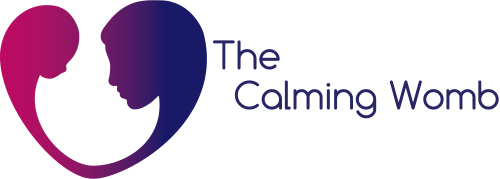
EMDR Pre-perinatal therapy
Why Eye Movement Desensitization and Reprocessing (EMDR) Pre-perinatal therapy
Many women may feel unusually vulnerable and receptive to receive therapy during pregnancy, because of their motivation to provide the best environment for their children. Other mothers may want to do so, but may not have access to such services, while other moms may feel easily overwhelmed, medically fragile, or unable to have regular therapy sessions.
It is important to emphasize that being pregnant is not a disability, or a disorder however, it may need few specific and unique considerations for treatment.
During pregnancy and after delivery EMDR therapists need to:
- Consult the client’s OB-MD and/or CNM prior to EMDR therapy, specifically before phrases 3 to 6.
- Take time completing the possibly triggering assessment/initial intake/client’s history.
- Take time stabilizing sxs and affect.
- Pregnancy could cause drastic, erratic hormonal changes, hence encourage client to avoid impulsive decisions, unless in danger.
Why a Certified Pre-perinatal EMDR informed therapist?
The Pre-perinatal EMDR trauma informed therapist will offer the most warm, inviting and respectful environment that mothers need to discuss the impact of past traumatic incidents on current difficulties, to identify present situations that trigger undesirable reactions, and to develop more appropriate memory associations in order to develop desirable future responses. EMDR therapy Certification (in addition to the basic EMDR certification), imply more experience, knowledge and a more skillful care. Ultimately, the Pre-perinatal EMDR therapist need to be experienced and competent in both the application of the EMDR model with pregnant moms and Pre-perinatal Psychology.
In Utero Family Therapy: Baby in Utero + Mom
Therapists need to assess and be curious about the mothers’ bonding with their babies or lack of, their current resources and supports, gender of the baby concerns, maternal-paternal attachment styles, multigenerational functional/dysfunctional repetitive patterns, sibling(s) adjustment and current biopsychosocial needs. Maternal bonding with her baby and the mother’s own attachment repair work are of extreme benefit to both the mother and her in utero child. Mothers need to be mindful containers of peace and self-care. Self-soothing and life-skills practices will probe beneficial throughout the pre-perinatal stages and during the babies’ early years. Early on parents need to be educated about the impact of their neurobiological mirroring, positive attention, consistency, repetition and modeling on their children’s self-regulation and self-soothing development.

